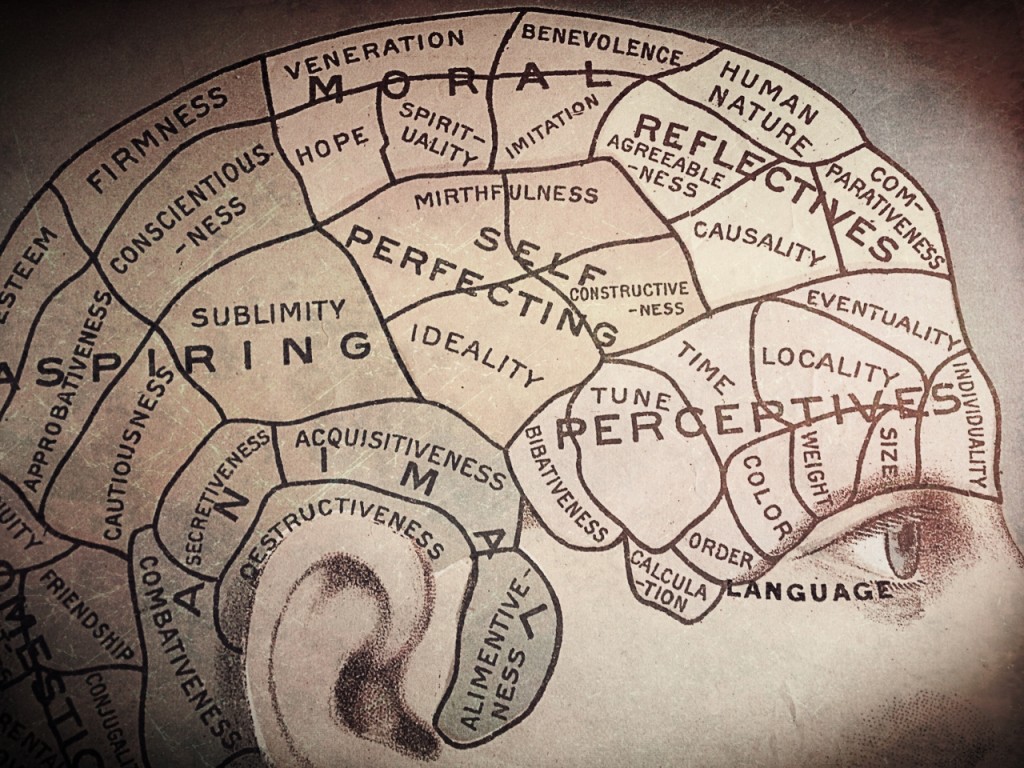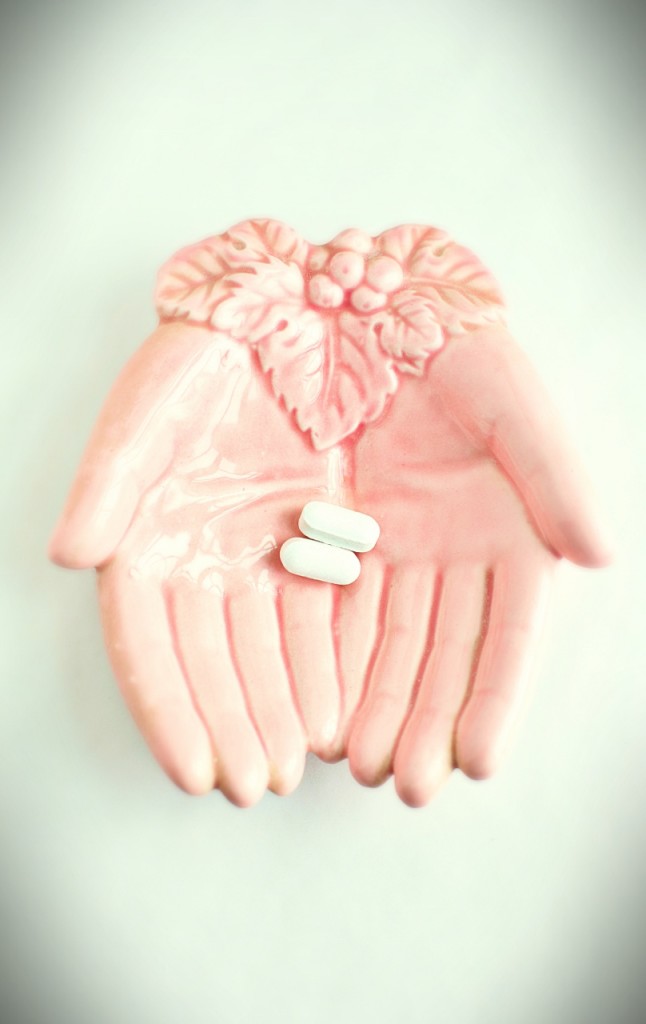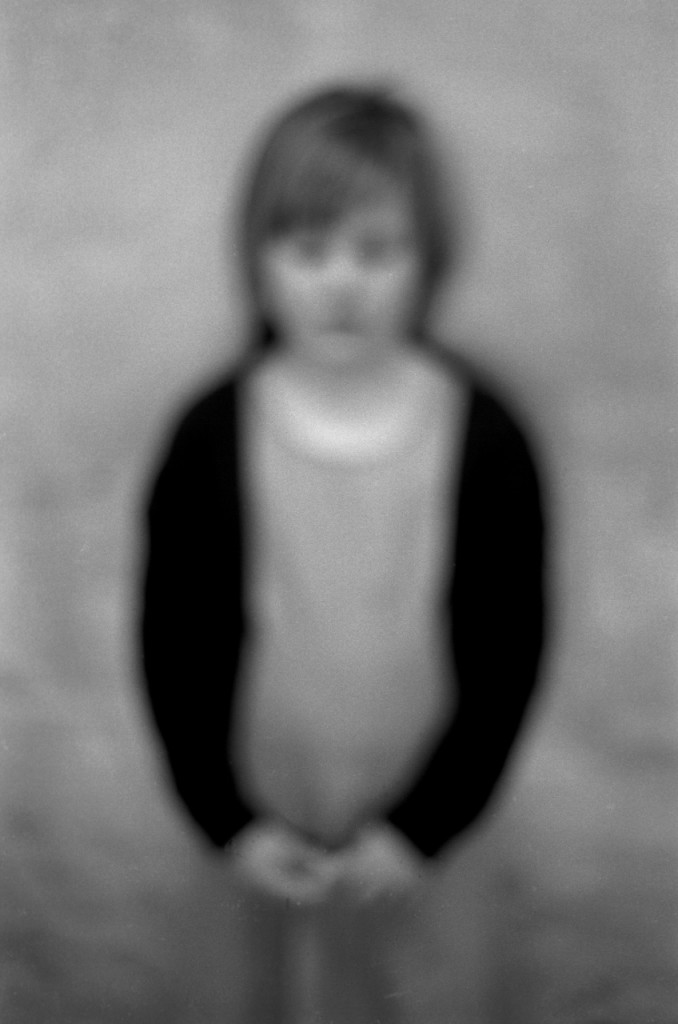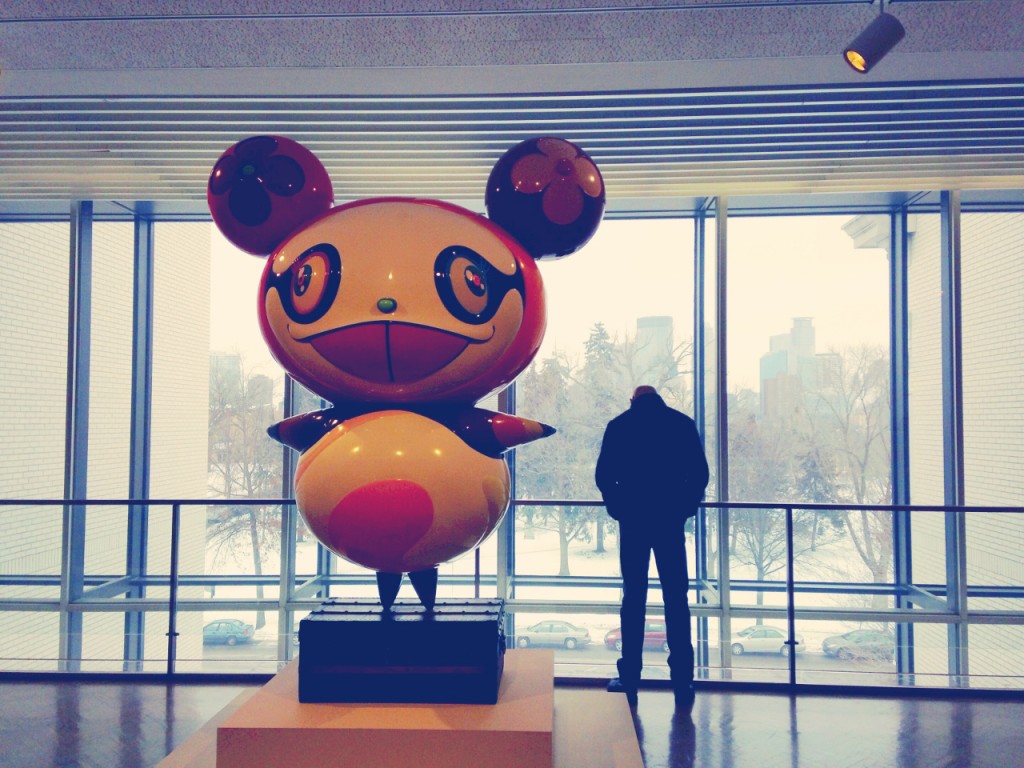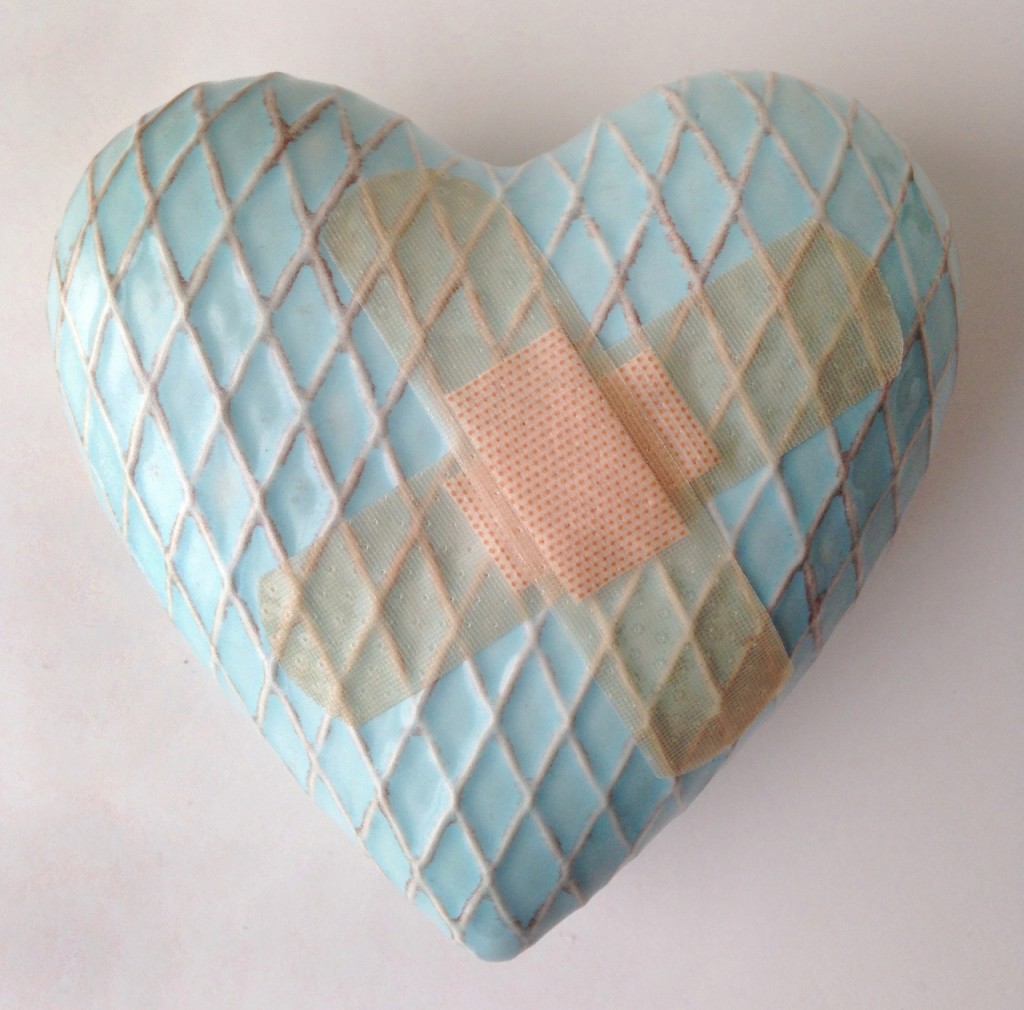Earlier this week, the following piece by Karrie Higgins ran on the Huffington Post’s blog platform; it was titled “Donald Trump confessed to sexual assault on tape and so did my brother, and here is what I know: a tape doesn’t change a goddamned thing.” A few hours after it went live, Huffington Post took the multi-media essay down, then later deleted Karrie’s account. She has not gotten an explanation for either action.
I saw this going down on social media. I thought her work was, as usual, masterful, and I wrote to ask if she’d like a new home for it at FGP. Full Grown People isn’t a magazine about politics. But, I believe that it is a home for work that tackles power and vulnerability, voice and dismissal—subjects that are inherently political. So, just a friendly reminder: the comment space isn’t a place to debate candidates, but if your voice has something to do with Karrie’s work, speak up! —Jennifer Niesslein, ed.
CW: sexual abuse, sexual assault, audio depicting a pedophile grooming and threatening his victim, Donald Trump audio, sexual abuse and rape apologists
If you are a victim of sexual assault in crisis, please call RAINN at 800.656.HOPE (4673).
___
By Karrie Higgins
When Access Hollywood leaked a recording of Donald Trump bragging about “grabbing women by the pussy,” I felt the same empty relief I get after a good puke. Finally, a misogynist with a history of violence and rape accusations would be unmasked for the predator he is. And yet, I knew deep down: a tape doesn’t change a goddamned thing.
December, 2007: my brother, talking to a 16-year-old girl being coached by the cops:
transcript: “Honey, I did NOT … come, oh that’s crazy. Oh, my God, oh my God, I’m just sick. I can’t believe this shit. Oh my God. This is just, this is just bizarre. I just can’t believe this. I did not touch you sexually. I, if, if, you took that way, way wrong, my God. My dear, you, I’m trying to get as honest as I can with you, I mean, that’s way wrong. It’s just, tickling you or wrastling you or grabbing you. If that, if that’s what you thought I was doing, then that was just, that’s not right, I mean, I, that was not my intention whatsoever, my God.”
He didn’t know the call was being recorded. He didn’t know anyone else would ever hear him.
“I need you to tell the truth,” the girl said, over and over, until he broke down and confessed.
Confessed on tape:
transcript: “Well what we did was wrong. Well, when we were wrastling and doing all that, it was wrong. It was inappropriate. Obviously it was very inappropriate. And I did not mean to hurt your feelings or screw your head up, for crying out loud.”
Imagine that played to a jury. The charge: sexual abuse in the second degree of a child under twelve, a Class B Felony in the state of Iowa, punishable by up to 25 years in prison.
Nobody could ever call me a liar again, I thought.
Now I know better.
The humiliation of a man accused is always more important than the trauma of a woman assaulted.
transcript: I don’t want your mom to hate me. [crying] This is my life. This is all I have.
___
I watch as Trump’s victims come forward, say they feel vindicated.
He grabbed me. He’s a big dude, 6 foot 3, and at the time I was waif-like. He was like, ‘I’m tired, let’s lay down.’ So in this bedroom — I hate talking about this — he went for it with the kissing, he had his hands all over me, really pressing down on me, definitely had a hard on. I had worn pants strategically. I knew better than wearing a skirt around him anymore. It was a barrier of protection …
Harth said she feels “vindicated” by the tape. “I would love to get some kind of apology from anybody in that camp.”
Watching him relive his sexual aggressions on the video, she said in an interview on Saturday, “made me feel a lot better.”
“It was like: ‘Thank you. Now no one can say I made this up,’” she added.
I want to be happy for them, but I know what comes next.
___
___
Men in my social media feeds:
The timing is perfect. The Clintons still got it.
It’s fishy someone held onto that tape.
Crooked Hillary is trying to rig the election.
Gold diggers.
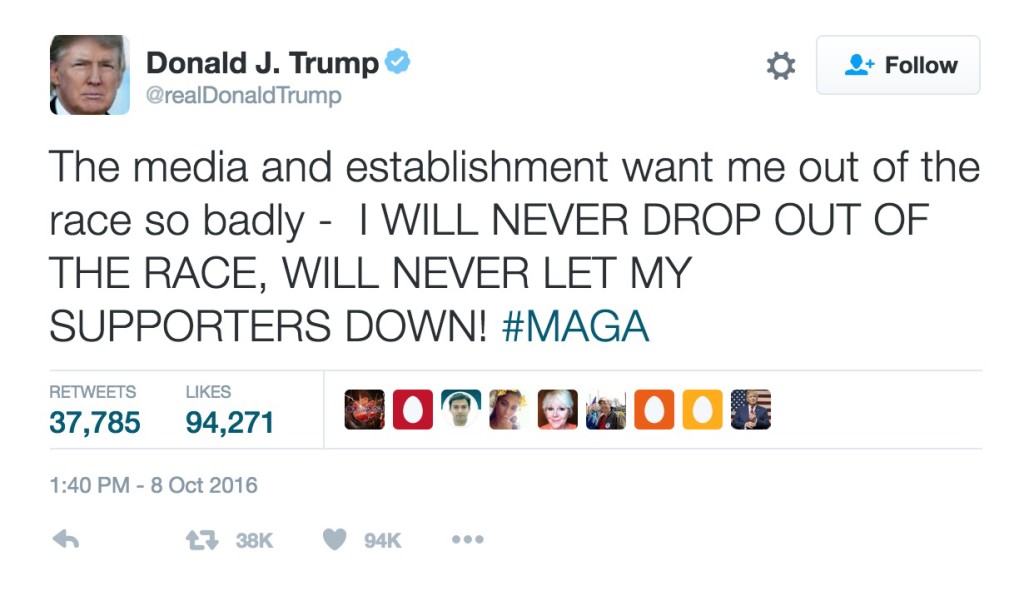
___
____
Trump campaign decal:

___
May 1983, eight years old: six weeks after the first time I had sex with my brother, opening weekend of Return of the Jedi. A neighbor boy pitches a tent in the tall grass of his backyard, says, “Let’s play Star Wars.”
“I’ll be Princess Leia,” I say, “in the costume where her boobies show.”
I crawl into the tent. The boy unzips his pants, sticks the tip of his penis through the flap in his Superman Underoos, and pees on me.
Later, he tattles to his mother: “Karrie said boobies.”
And she tattles to my mother: “I will not have her polluting my son.”
I stuff my wet clothes in the laundry basket and don’t tattle back. I am a bad girl. Zero credibility.
___
To my students, but especially to the boys: I want to be sure you know. What we have learned about Donald Trump and how he speaks about and treats women is not ok. It’s not ok for a 60-year-old man, its not ok for a 13-year-old boy. It’s not ok for anyone.
The same high school where a math teacher and coach grabbed my pussy. Not just any teacher or coach, but the Cedar Rapids version of Jerry fucking Sandusky.
I can still smell his breath when he said, “I know things aren’t right at home.” My body pulled close to his. His hands down my pants, under my panties. I know things aren’t right at home. Not concern. A threat.
On the day he died, my Facebook feed flooded with eulogies. Best math teacher I ever had. Best coach ever!
Friends changed their profile pictures to his face.
His face. In my Facebook feed. The man who grabbed my pussy.
I vacillated between nausea and a low boiling rage: Look how he helped those students. Look what he did for everybody else.
My Kennedy High School transcript, senior year:

I never enrolled for the final trimester.
I went to my counselor’s office. I said, “I can’t take it anymore.”
He said, “You’re college material. This place is holding you back. Let me get this taken care of and get you out of here.”
And he did.
I remember my last day of school. It wasn’t anyone else’s last day of school. I ran my finger along the tile walls as I walked down the hall. I needed to feel them, needed to feel that I was there, because I was about to disappear, and nobody would even notice.
My mother forced me to attend graduation. I showed up in my cap & gown. Nobody said, “Where have you been?” Nobody asked. Nobody noticed. It went exactly how I knew it would. I was glad.
I never submitted my senior picture to the yearbook.
Poof! I was gone. Like I never even happened.
That’s what sexual abuse and assault do to you. That. Like you never even happened.
___
Trump endorser Senator Sessions:
The Weekly Standard: So if you grab a woman by the genitals, that’s not sexual assault?
SESSIONS: I don’t know. It’s not clear that he—how that would occur.
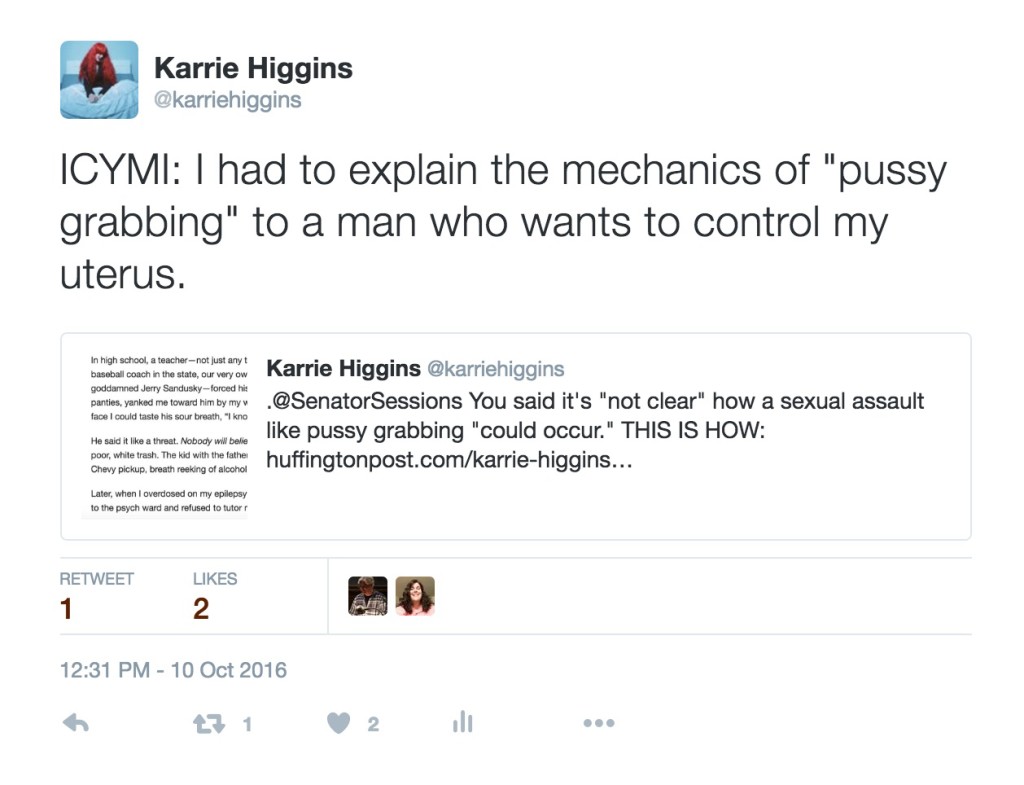
___
I write my hometown paper. I tattle on that teacher. I say, “Do you want to help me tell this story?”
___
I call my favorite high school teacher, the one who wrote get thee to a nunnery in my journal when I confessed to having the hots for Hamlet, the one who saved my life without even knowing it.
When I tell him Mr. _______ grabbed me by the pussy, he gasps. An OH SHIT YOU’RE IN TROUBLE kind of gasp. Not because he doesn’t believe me, but because that teacher is a mini Jerry goddamned Sandusky.
“The faculty all thought he was a god.”
___
Why now? Why now? Why now? People ask.
But it wasn’t just now.
July 25, 2015:
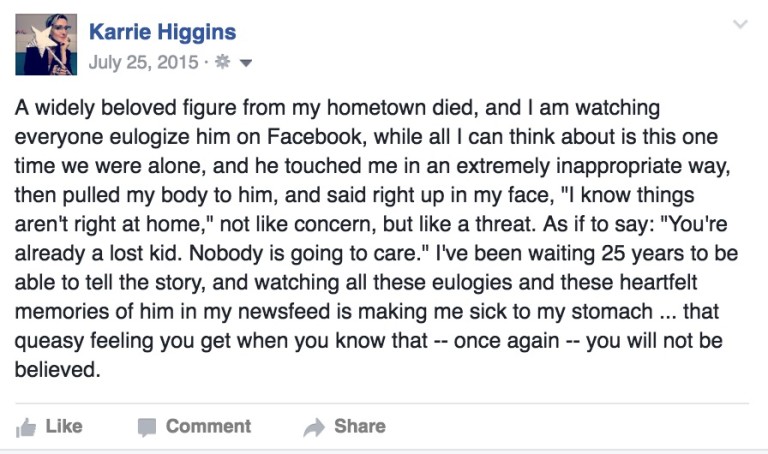
I panic about being grilled for the details. I panic about being accused of making it all up because I waited so long.
“What if I get a detail wrong?” I ask my husband.
They are going to attack my partial deafness and auditory processing disorder, accuse me of mishearing. They are going to say my bipolar makes me hysterical. Unreliable. They are going to say my memory is bad because of the seizures. They are going to say epileptics are liars.
“It’s the same story you’ve told me since undergrad,” my husband says. He means back in the 90s, not long after the coach assaulted me. “It will be OK.”
___
What do you want? Money?
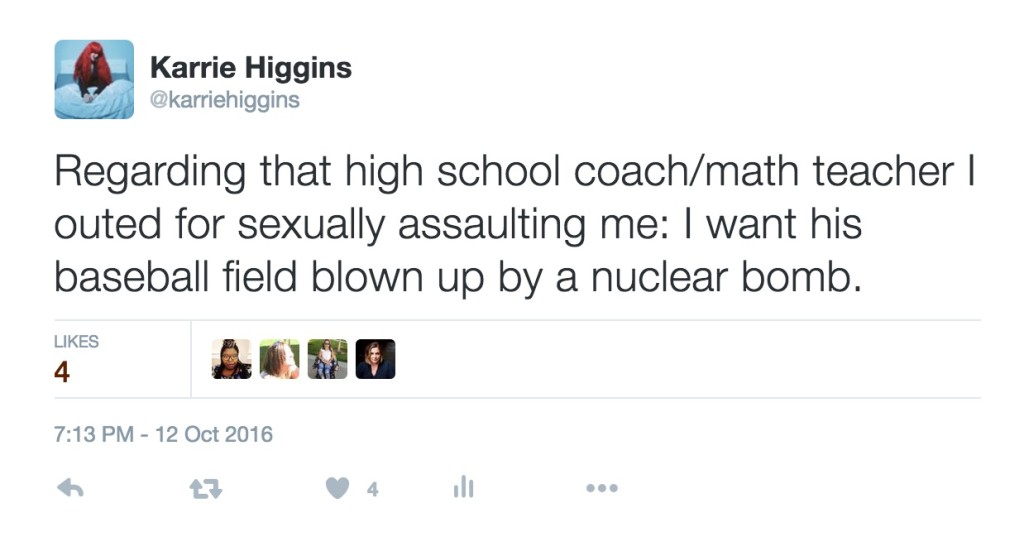
___
Cedar Rapids Public Schools called the principal’s post “political.”
They are wrong, but they are also right.
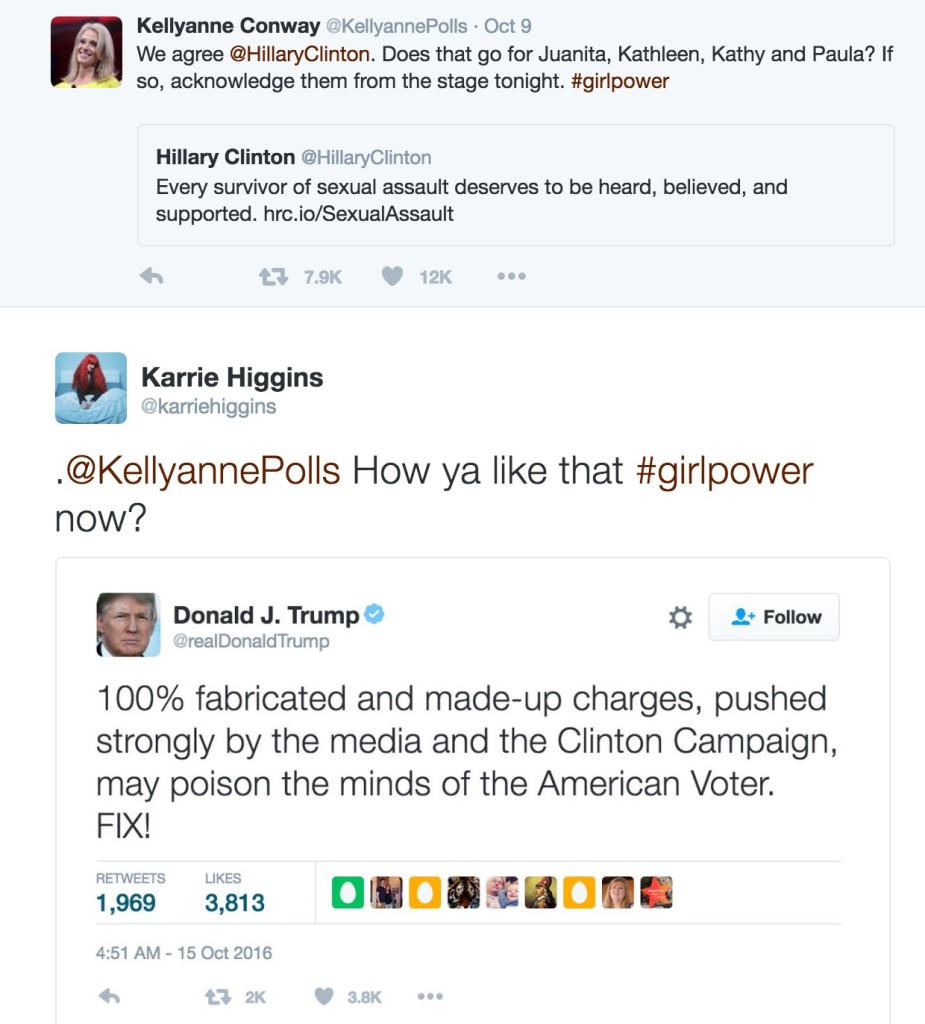
My brother’s Airborne buddy:
Well how would you like to have the job of searching the internet on multiple sites if your job is to locate underage participants? That’s a real job. I had to do that once, took me a week to find the videos of the youth involved. It was with her step father and they were live on camera. He was a soldier. Not anymore.
Your brother was the best. He was the best of the best. He ended up getting fucked over hard. Fucked over hard by a woman.
Choosing sides is always political.
___
My brother was a god, too, a sex god drag racing his GTO through the streets of Cedar Rapids before I was even born. Everybody loved him. Every girl wanted him:
___
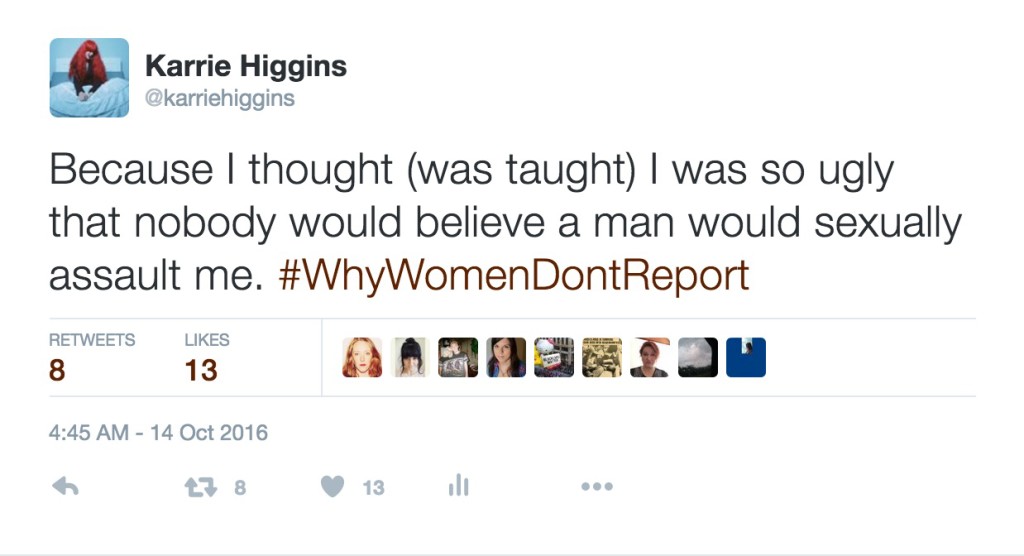
My brother’s Airborne buddy, when I contact him for stories and photos, 7 years after my brother would have faced trial, if he hadn’t swallowed morphine, methadone, diazepam, gabapentin, and desmethyldiazepam, and died in the fetal position in front of his couch:
All I see in your profile pic is a skinny girl with tattoos. I mean, where are the boobies? You’ve got my cell number. I want to see what you got.
___
The Fraternal Order of Police endorses Trump. The Fraternal Order of Police endorses Trump. The Fraternal Order of Police endorses Trump.
Fraternal: of or like brothers.
___
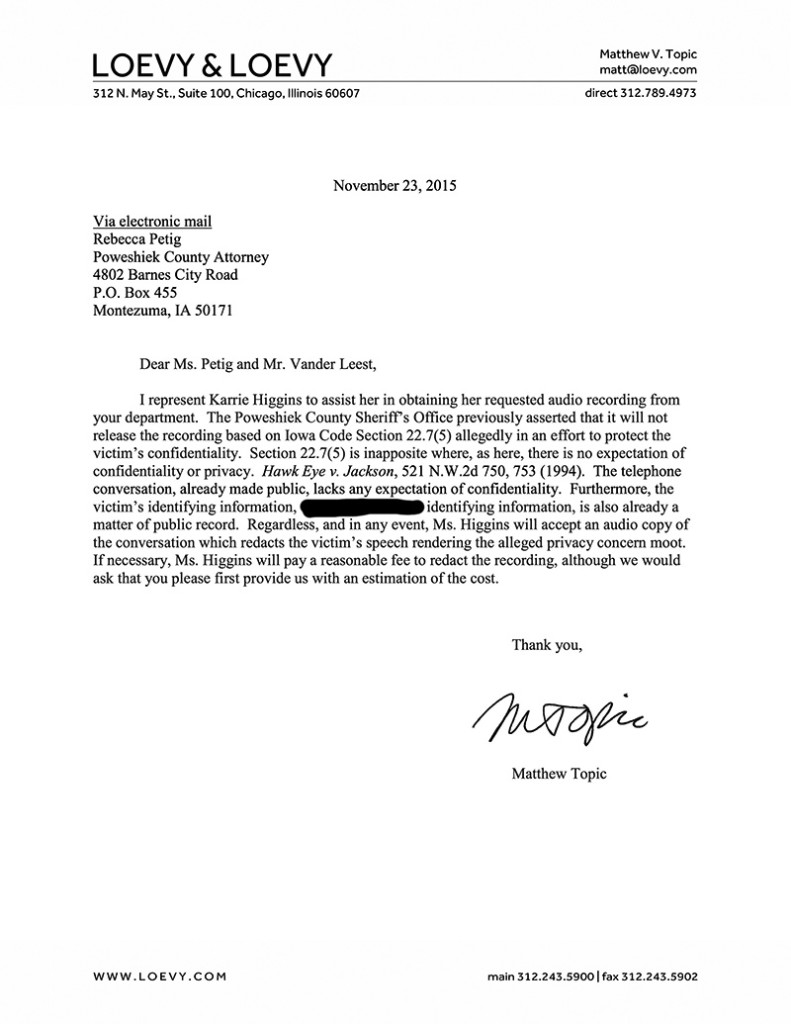
___
transcript: I want you to get your head squared on straight, but at the same time, I’ll be darned if I’m gonna be humiliated by some court of law.
___
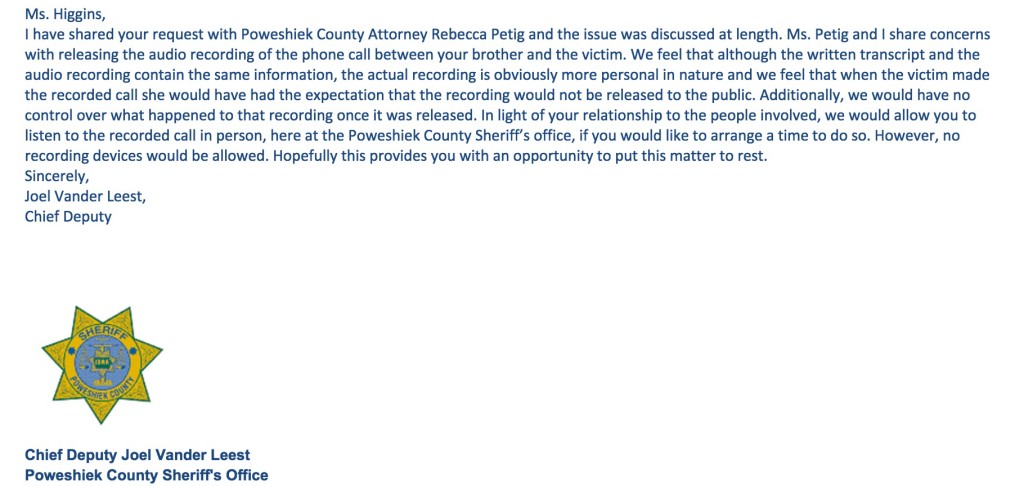
They wanted me to surrender myself to the same jail where they locked up my brother for his last Christmas on Earth. They wanted me to submit to a grope for illicit recording devices. They wanted me to sit in an interrogation room, maybe even the same one my brother did. They wanted me to play the part of my own molester.
Protecting the other victim, they said, even though I asked for her voice to be redacted.
The police know the rules of the game: the victim guards the secrets, the victim guards the secrets, the victim guards the secrets.
___
I told them I was partially deaf, that listening once would not be enough.
I told them my epilepsy and neurological conditions make travel an undue burden, that I didn’t have the money to get to Iowa, that even if I could get there, I would be stranded at the airport with no way to get to a small-town sheriff’s office in the middle of nowhere. I can’t drive, I said.
They were violating the spirit of open records law, I said. Violating the Americans with Disabilities Act.
The sheriff never responded.
I am a disabled sexual abuse victim of a man he wanted to put behind bars for sexual abuse, and he did not respond.
___
The Fraternal Order of Police is endorsing a man who makes fun of disabilities.
___
I started to see conspiracies in the telephone call transcript.
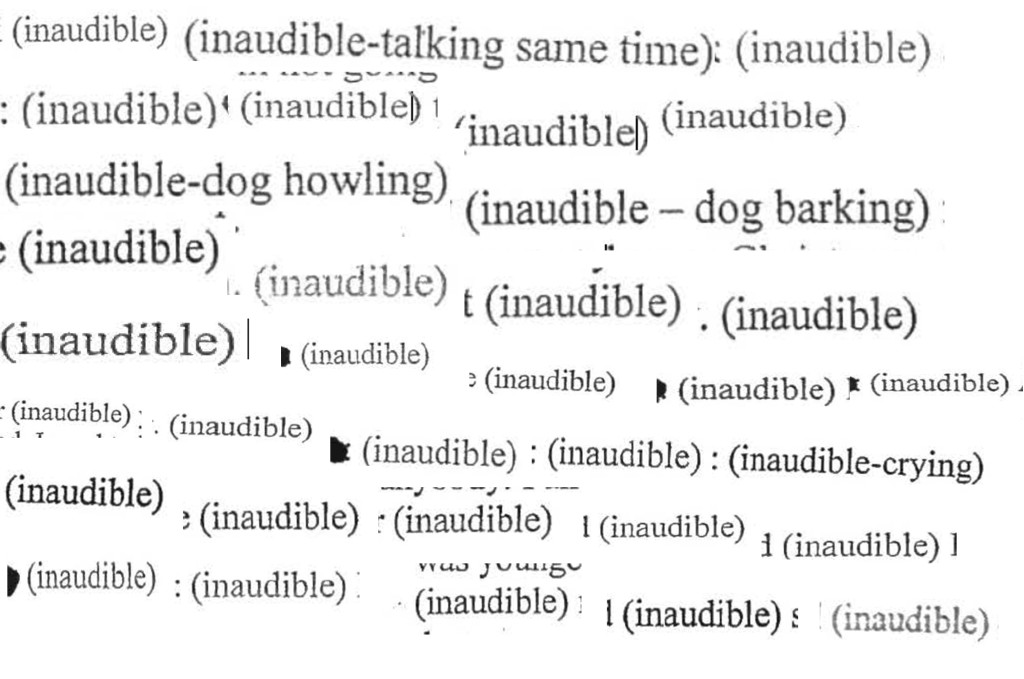
I played Mad Libs. I filled in the sentences with all the best defenses.
What did the cops not want me to know?
___
They made my play the part of my own molester:
transcript: Karrie reading the line “This is my life” from her brother’s taped police phone call transcript in three different ways (argumentative, crying, scared).
___
From the settlement in Karrie Higgins v. Poweshiek County Sheriff:
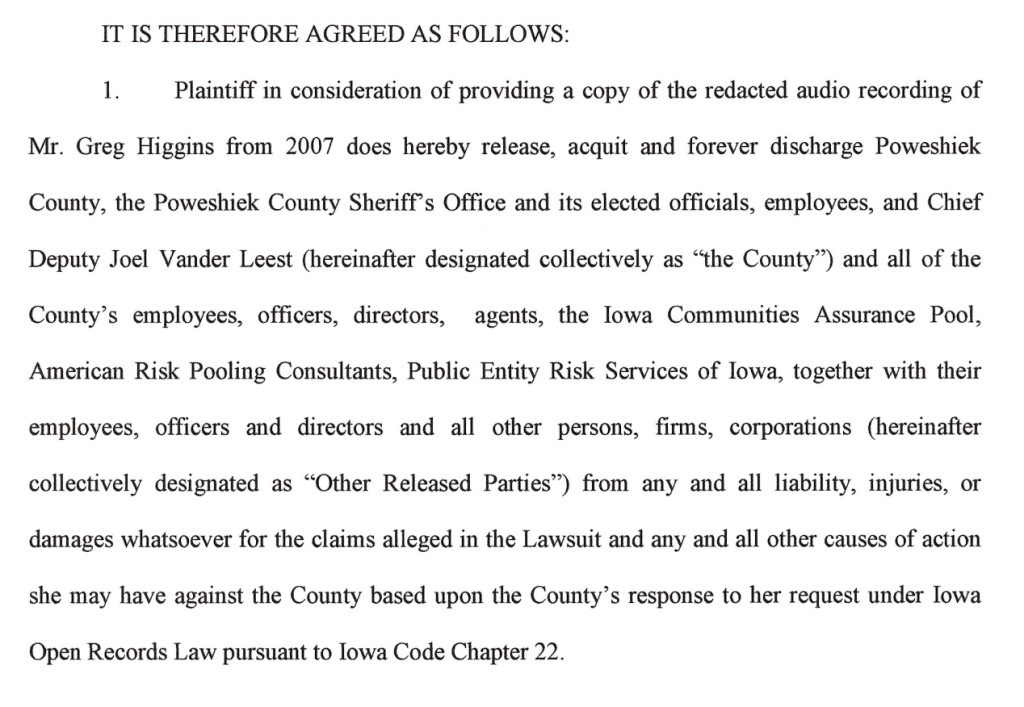
Injuries and damages:
I sued the sheriff who arrested my brother.
They made me play the part of my own molester.
They made me mistrust the very same cops who should have been my heroes.
Why did the police have to become my enemy? Why couldn’t there be one goddamned hero?
___
___
The week of the Democratic National Convention, I got word from my attorney: the Poweshiek County Sheriff had produced the audio.
Validation. Corroboration. On its way to me via first class mail.
On the television, Hillary’s campaign theme:
It’s not my kind of music. I’m a Nirvana girl, a Prince girl, a Cure, Depeche Mode, Joy Division, Smiths girl.
A Bernie Sanders girl.
Hillary’s presidential campaign and my lawsuit victory collapsed into one event. Hillary’s theme music became my theme music, the only salve that made anything OK.
I listened to it on repeat. I bawled.
I wanted to see my brother be brave. I wanted him to let the words fall out.
___
transcript: It just, get better because I love you and I’m so sorry. It happened to me too when I was younger, but it was not right, but I’ll tell you about that another time, I mean that has nothin’ to do with what happened with me and you whatever, but I love you- and I don’t, I don’t want to destroy our family over this.
___
Just locker room talk, just locker room talk, just locker room talk.

The presidential election and my abuse collapse into the same event.
___
I can no longer distinguish between the Trump campaign and sexual abuse. I can no longer distinguish between the past and the present.
just, adj:
based on or behaving according to what is morally right and fair.
just, adv:
barely, by a little; very recently, the immediate past
I can no longer distinguish between tattling on my hometown’s Jerry Sandusky and voting for Hillary.
I am going to talk to that reporter. I am going to name names. I am going to say what I want to say. I am going to let the words fall out.
And even though I was always voting blue no matter who, even though I backed Hillary from the moment she won the nomination, #ImWithHer more than ever. I am more excited to vote for her than ever.
one of Hillary’s campaign theme songs
“You rush in where others won’t go,” my favorite high school teacher said on the phone.
I am going to rush in, and I don’t really care if nobody else believes. If Mr. Kline is going to be censored, I am going to blow up everyone’s favorite pussy-grabbing coach.
I might only have one match, but I can make an explosion.
A tape doesn’t change a goddamned thing. A tape changes everything.
•••
KARRIE HIGGINS is a writer, magician, performance artist, ink-maker, forger, seamstress, disability activist, and rebel theologian without a faith living in Boulder, Colorado. Her writing & Intermedia art have appeared in Black Clock, DIAGRAM, The Manifest-Station, Quarter After Eight, Western Humanities Review, Rogue Agent, Deaf Poets Society, Cincinnati Review, The Los Angeles Review, LA Times, and many more. She won the 2013 Schiff Award for Prose from the Cincinnati Review and her essays have twice been notables in Best American Essays. She is too hardcore for the Huffington Post. karriehiggins.com

 Follow
Follow

